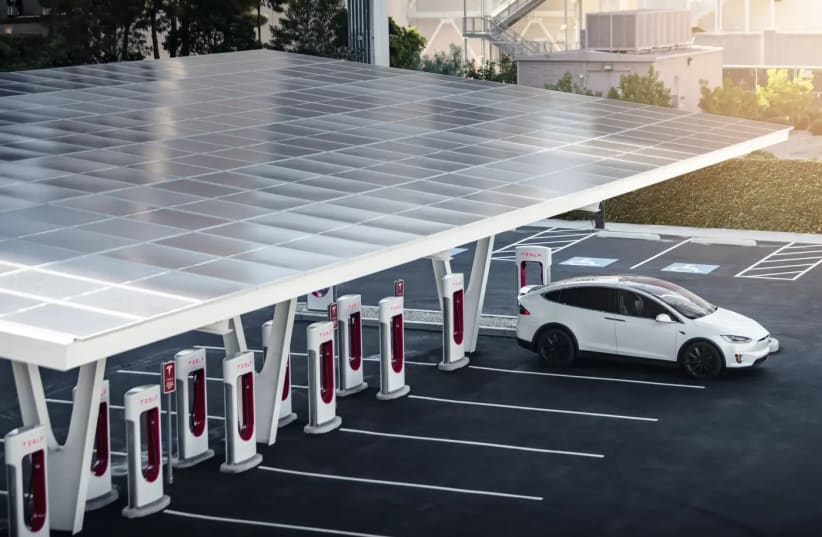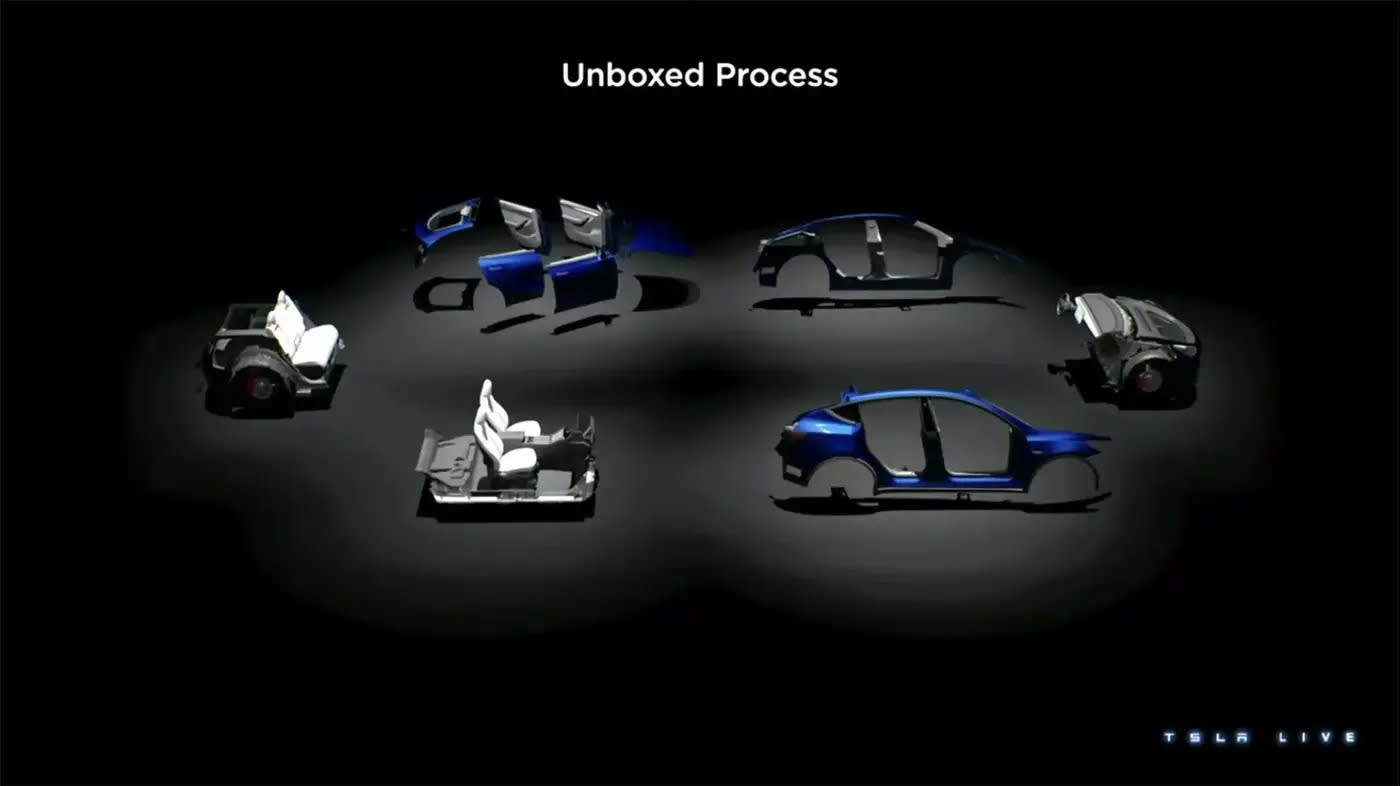Last Friday, Jeffrey Nissan (28) was riding his motorcycle near Seattle, USA, when he began to slow down due to traffic. The Tesla Model S behind him did not slow down, and Nissan was killed on the spot.
The Tesla driver told police that the accident occurred while the car's advanced adaptive cruise control system, Autopilot, was activated. The system is supposed to detect two-wheeled vehicles and brake if a vehicle approaches, but legal responsibility lies with the driver. According to reports in the US, this was the third motorcyclist in recent months to be hit by Tesla cars.
The US National Highway Traffic Safety Administration (NHTSA) is currently investigating whether Tesla's recall in December of 2 million cars in the US to fix Autopilot safety issues actually solved the problem. The investigation is not well received following reports received. However, Tesla this week received approval from the Chinese government to launch Autopilot's autonomous driving version in the country, a capability previously only granted to local manufacturers with similar capabilities.
The troubles of Tesla do not seem to be ending. Towards the disappointing quarterly report of the company leaked a memo Elon Musk sent to employees last week, stating that the company will lay off about 10% of its workforce, 14,000 people. Yesterday it was revealed that Musk fired all the staff involved in the establishment of new fast charging stations (Superchargers), which included 500 people, and announced that the company will focus on expanding existing stations.
Charging stations are one of the unique advantages that Tesla offers to its customers. They always include a large number of high-power (250 kW) charging stations, spread throughout the world, including 23 in Israel, and are cheaper than competitors. In the past two years, Tesla has reached agreements with most major car manufacturers operating in the US, who will use its charging chain, allowing them to use its stations, and Tesla to profit more from selling electricity to drivers.
Tesla has temporarily stopped the construction of planned factories in Mexico and India to save on investments. Musk canceled a last-minute meeting with Indian Prime Minister Narendra Modi where he was supposed to announce the local factory as part of a delay tactic, possibly even a complete withdrawal, from the technological revolution promised in car manufacturing, gradually transitioning from building cars step by step with the connection of one part at a time by a robot or a human worker, to building cars from several pre-prepared major components.
This process was supposed to be faster and cheaper, and critical to the production of the company's future budget model, which it needs in order to compete with Chinese manufacturers, led by BYD. Tesla continues to be one of the largest car manufacturers in the world, especially in the field of electric vehicles, but the growth rate and profitability it has shown in recent years is something that it will struggle to replicate in the near future.

